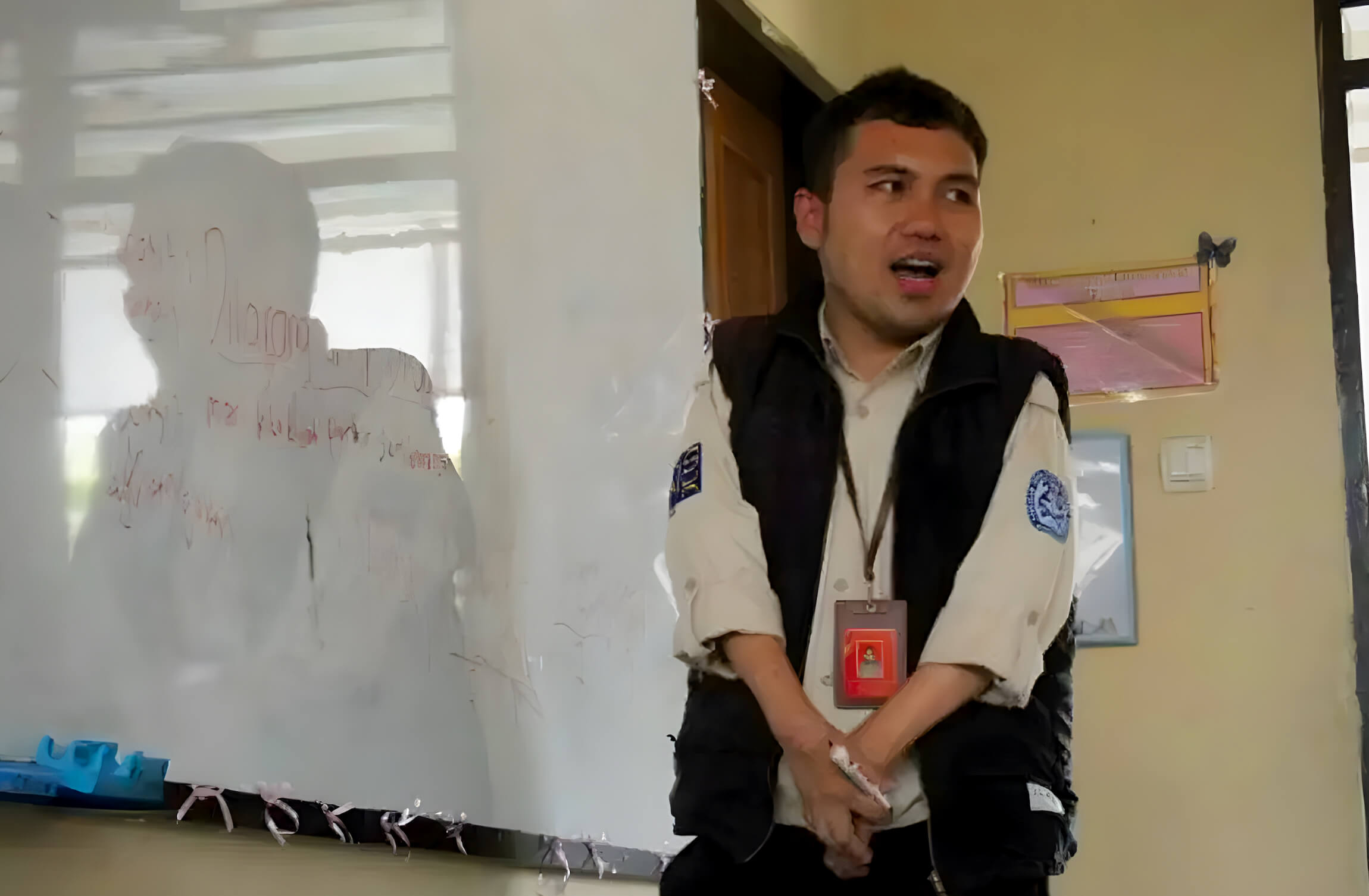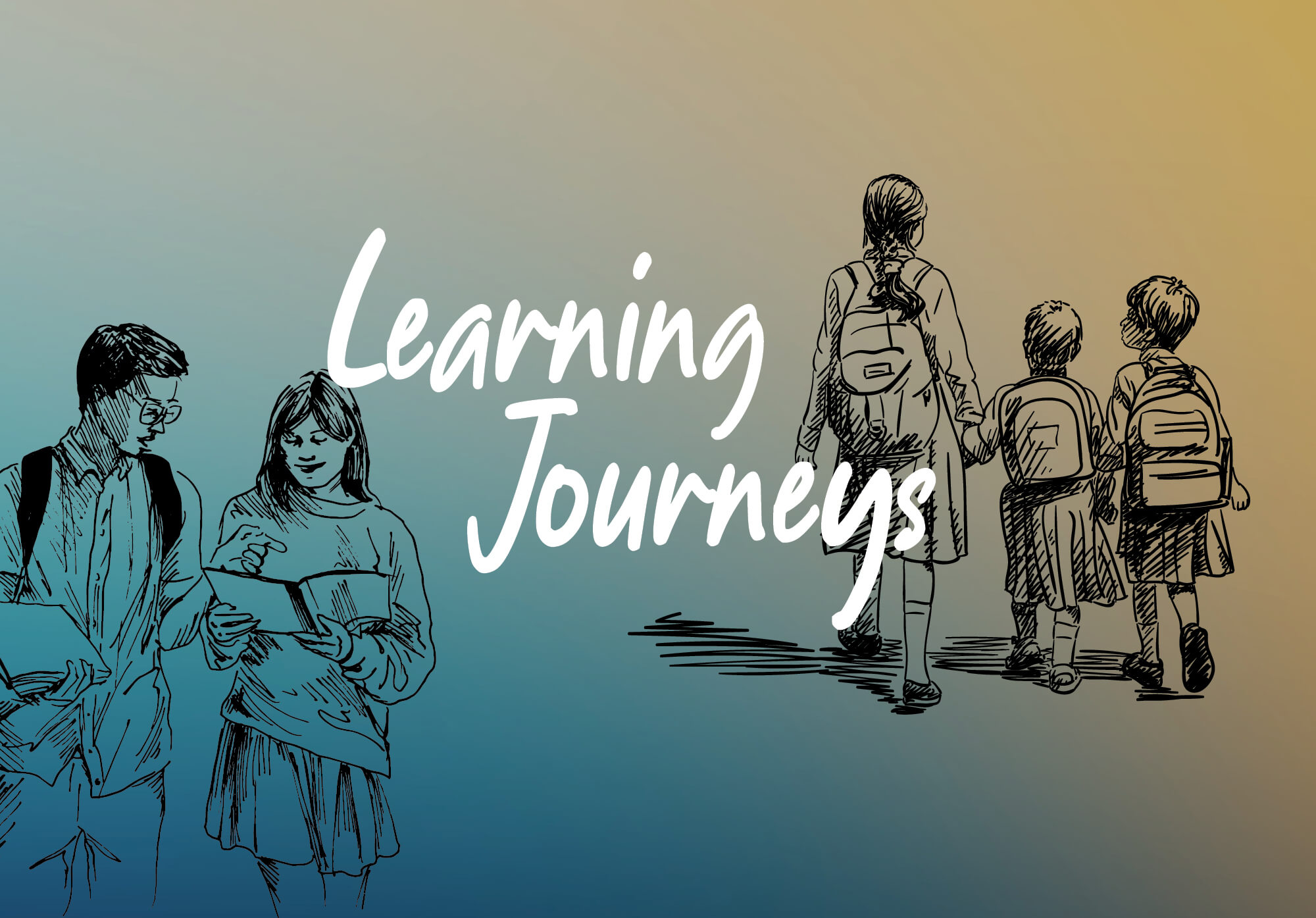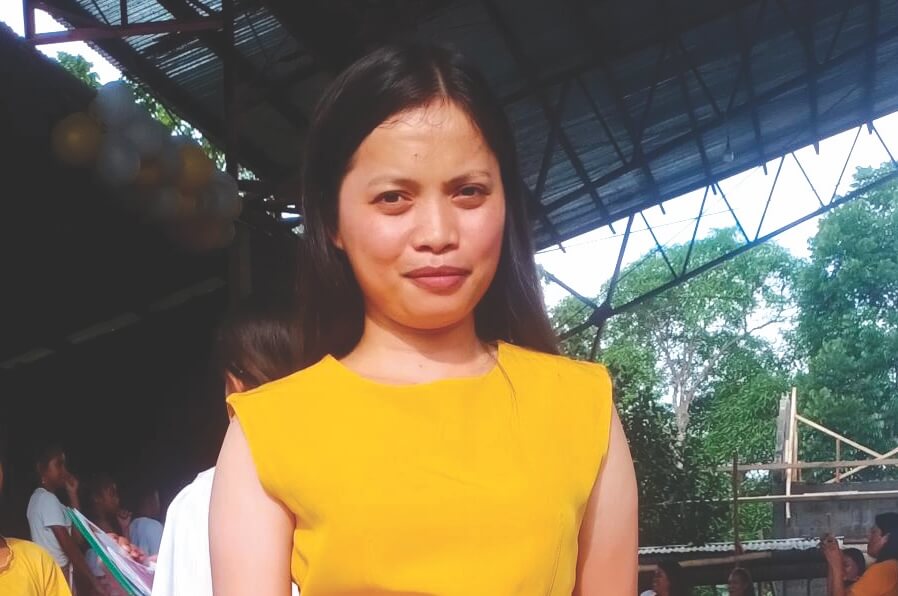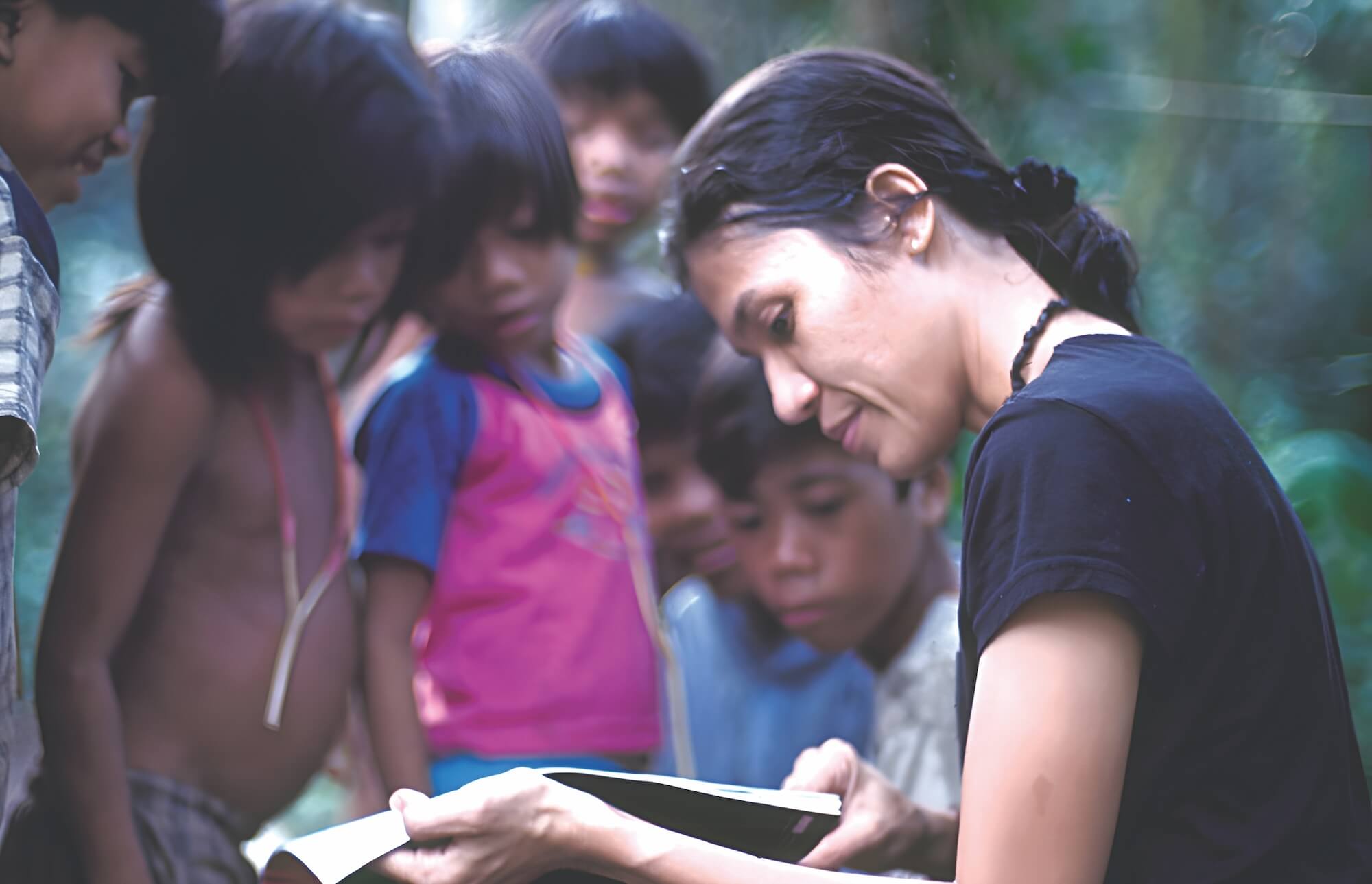



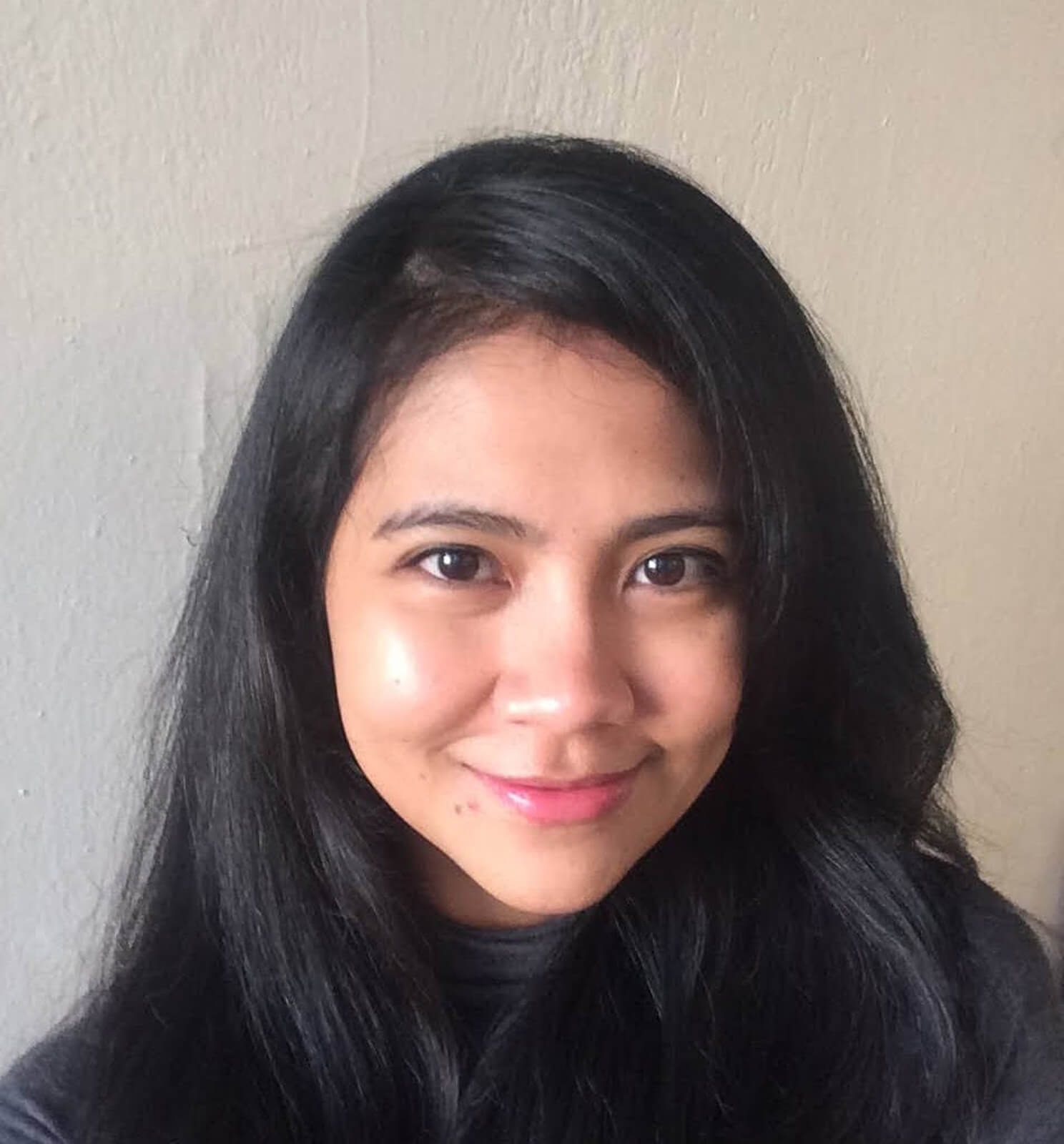
Fifty-two-year-old Saur Marlina Manurung, better known as Butet Manurung, is the woman behind Sokola Institute. The organisation implement literacy programmes targeting various underserved and marginalised communities in Indonesia, including ethnic groups, disaster-prone areas, and regions with high illiteracy rates.
Sokola Institute focuses on integrating education with local customs while addressing social challenges such as human rights, poverty, poor infrastructure, and environmental degradation.
Butet and her colleagues began their work with a class they called Sokola Rimba [the Jungle School] for a nomadic community in Sumatra’s Bukit Duabelas. They have since taken their efforts nationwide, setting up Sokola Pesisir and Sokola Kajang in South Sulawesi, Sokola Pulau in Wailago, East Nusa Tenggara, Sokola Tayawi in Maluku, Sokola Asmat in Papua, and several other locations.
The Sokola Institute has implemented 17 programmes benefiting thousands in ethnic communities. Many local communities also take over and run these programmes independently. Speaking with The ASEAN, Butet reflects on her milestones.
“As teachers, we initially aimed to solve all problems the communities face. These include fighting illegal loggers and poachers. In 2016, we changed our strategy. Our goal became more specific: to help indigenous communities achieve self-determination through literacy and advocacy training as outlined in the United Nations Declaration on the Rights of Indigenous Peoples of 2007.”
Decades of dedication have earned Butet various prestigious awards, including the prestigious Ramon Magsaysay Award in 2014. However, Butet and her colleagues’ proudest moment is seeing their students capable of advocating for their needs. One such story happened just a few years ago.
In 2004, the Indonesian government designated Bukit Duabelas as a protected area, a national park. This area held a special place for Butet, as she had taught there. Following the designation, her students and their families, the Orang Rimba [Jungle People], were at risk of being evicted from the forest they called home. “They were considered a threat to the park’s ecosystem,” Butet recalled.
The park’s zoning system, modelled after Yellowstone in the U.S., included core, production, recreation, research, and wilderness zones. However, this system did not accommodate the traditional ways of the Orang Rimba.
In the wake of this, Butet witnessed how her students fought tirelessly for 14 years to reclaim their land. They used strategies and skills they acquired from Sokola. They diligently made films, wrote articles, and filed complaints with various government bodies.
When everything was disregarded, the Orang Rimba made a final effort in 2018. Using the skills they had learned, such as using GPS, they built a counter-map and presented it to the authorities and got reciprocal response.
“This customary forest map includes detailed zones unique to their cultural and practical needs. They have birthing zones, burial zones, and even spirits zones. This map was created meticulously using GPS and coordinates. They also collaborated with dozens of NGOs, and even the Presidential Staff Office gave their support.”
The Orang Rimba presented their customary forest map to the national park authorities that same year. The officials were impressed by its conservation-oriented approach, which led to the map’s recognition and the community’s co-managing of the area.
“Why should we use an American model? In the U.S., national parks don’t have people living in them, but here they do. The people here have their own conservation system, and we should be proud of that,” said Butet.
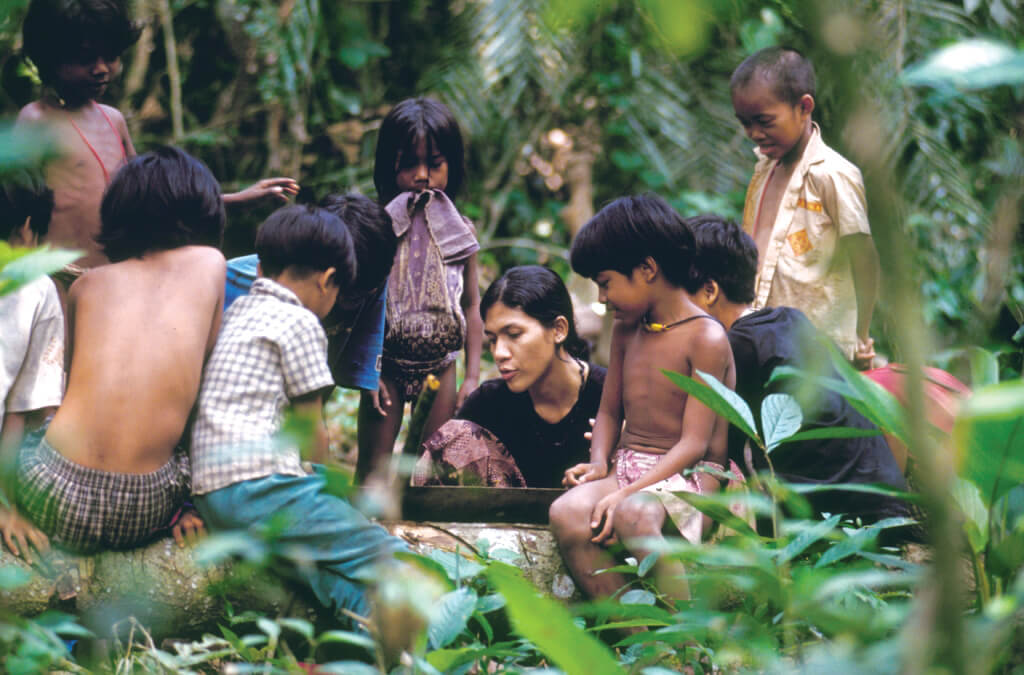
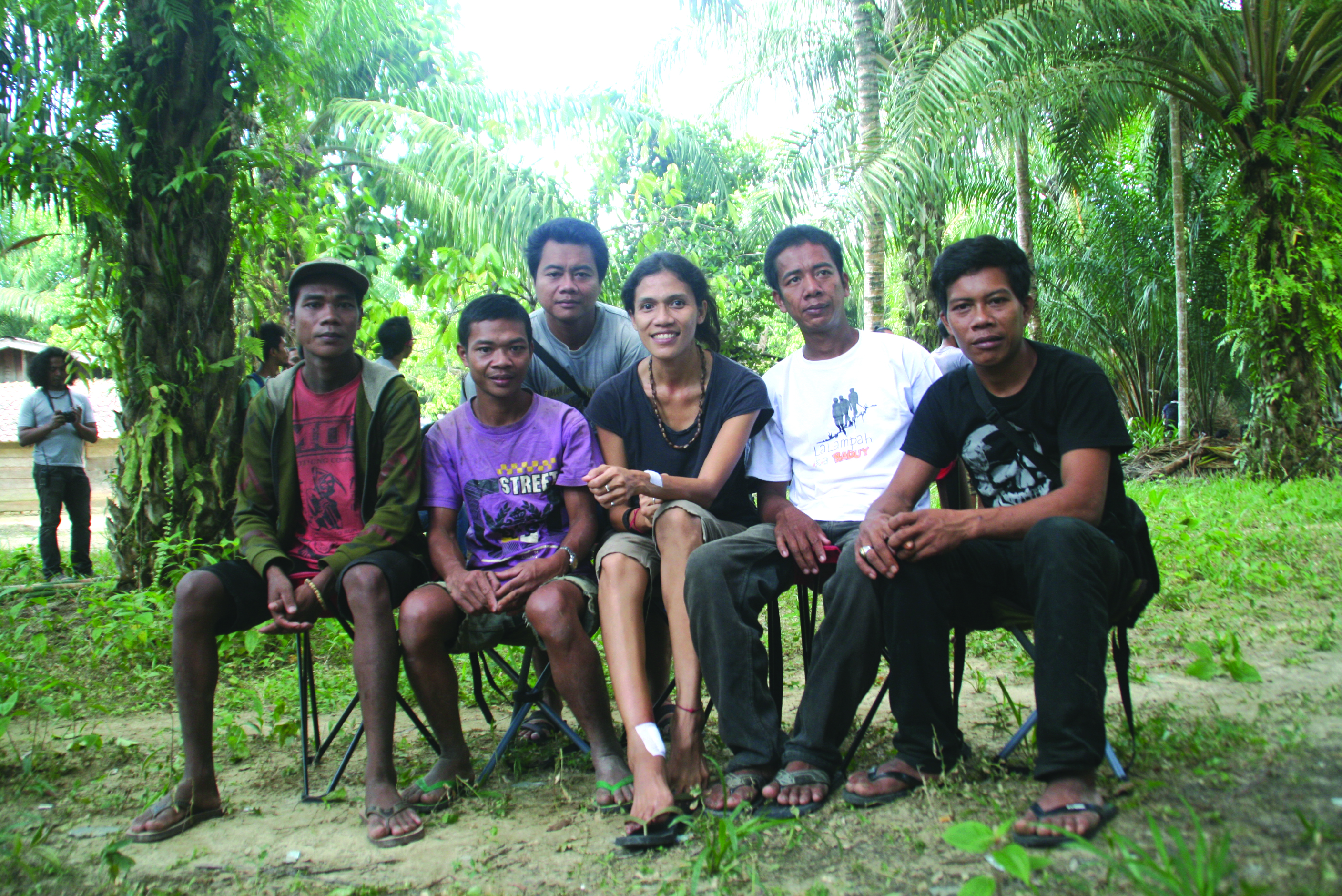
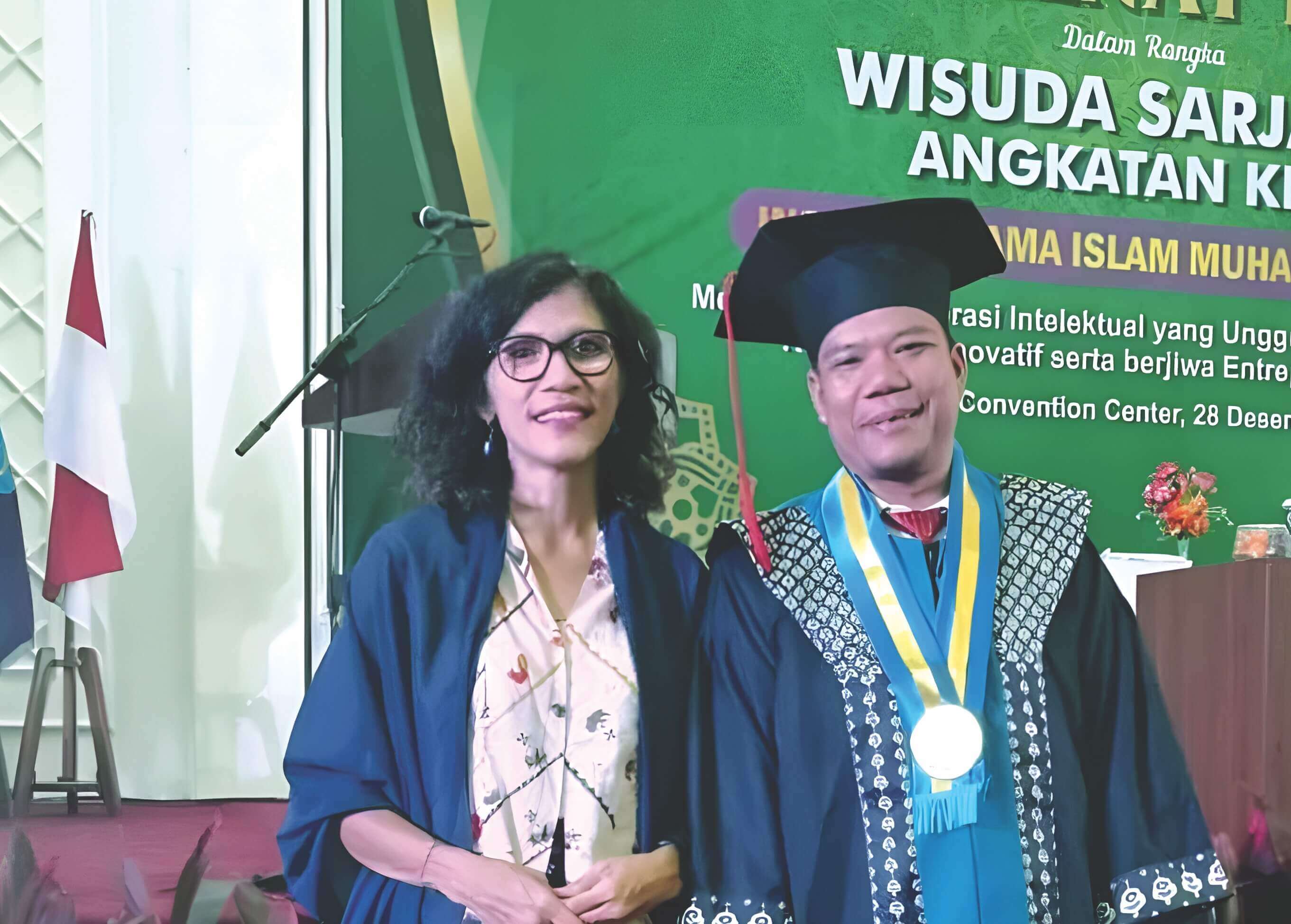
Kelompok Makekal Bersatu, the United Makekal Group or KMB, was the group behind the success of the customary forest map. Former and current students of Sokola Rimba initiated KMB. One of its founding members, Mijak, recently graduated with a law degree. Butet taught him twenty-four years ago, and in 2023, she attended his graduation ceremony.
Butet is proud of Mijak and other students who pursue formal education, but Sokola Institute believes the goal is not merely about obtaining a degree.
“The question is not whether we want to help them preserve their culture or become modern. It is about them living the life they choose.”
According to Butet, the right education is not always formal education.
“Why? Because the language is not their own, the location is outside the forest—sometimes taking up to two days to reach, and the subjects are not about their lives. What’s the point of learning about planets when they can’t even stop illegal logging?” Butet asked.
Aside from being irrelevant to the ethnic communities, formal school hours often conflict with their traditional activities. These traditions, passed down through generations, are just as important as school.
“Hunting is school too, praying to their gods is school, traditional medicine is also school. They have their own schedule. In Papua, for example, collecting sago must be done between 6 a.m. and 11 a.m., so it’s impossible to attend school first and then go harvesting.”
Butet also highlights the need to modify learning methods. “In my experience, the Orang Rimba had never seen chairs and desks. If you make them sit, they get uncomfortable. It’s like asking city people to attend a class while hanging from a tree—can they do that?”
“In school, we are used to listening to the teacher and sitting neatly. Meanwhile, the Orang Rimba run around and climb trees. We need to be culturally sensitive and respect their ways,” she added.
When it comes to technology, Butet realises that the ethnic community cannot be sheltered away from it. Thus, Butet assessed that more effort is needed.
“We need to also introduce them to the methodology of learning from the technology itself. It’s about understanding the risks of the internet and how to avoid or minimise them.”
Butet said that, like people living outside the forest, when it comes to new trends and technology, the aim is always to navigate these changes to better benefit ourselves.
“It’s about self-determination, the ability to make informed choices and know how to minimise the risks.”
At the end of the day, Butet wants to underscore that every stakeholder needs to have the same perspective: to put ethnic communities’ needs at heart.
“With this contextual and just education, we hope they make the right decisions— right according to them, not us. We might think, ‘Why don’t they just stay in the forest? Why did they stop using their traditional clothes?’ That’s our perspective. Are we solving our problems or theirs?” she concluded.
The views and opinions expressed in this article are solely those of the interviewee and do not reflect the official policy or position of ASEAN.




